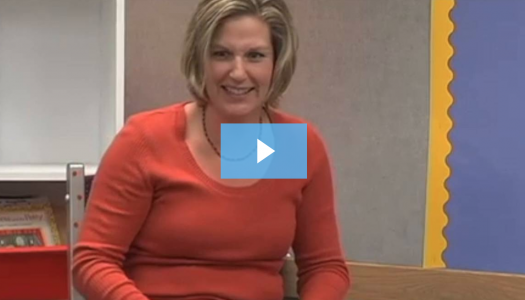Importance of Our Words
Join Our Community
Access this resource now. Get up to three resources every month for free.
Choose from thousands of articles, lessons, guides, videos, and printables.

I know you don't know, but if you did know
what would you say?
?Ellin Keene
Like many of you, we have learned a lot from Ellin Keene over the years. We have read and reread Mosaic of Thought and To Understand, attended her workshops, and watched her webinars from our homes. During one professional development session we attended, we had the privilege of watching her teach a group of fourth graders. It was during this session that Ellin taught us an important sentence, "I know you don't know, but if you did know, what would you say?"
In her lesson, Ellin read a bit, modeled her thinking, and then asked the group, "What are you thinking?" After a few moments she called on a boy who quickly answered, "Uhhhh, I don't know." Ellin didn't miss a beat. She simply said, "I know you don't know, but if you did know, what would you say?" She waited as the student thought for a moment. Silence hung in the air, but after a few seconds the student shared his thoughts.
From that moment on, Ellin's words I know you don't know, but if you did know, what would you say? have been part of our language in classrooms. When children shrug, say "I forgot," sit quietly, or avoid eye contact, we remember Ellin's words. Over time we have seen the impact of these words be far more significant than just increased participation. We think they also send important messages about our expectations and the culture of the classroom community:
- We believe that you have important ideas.
- We believe that ideas don't just come to us immediately. Taking time to think is part of learning.
- Taking risks and sharing our thinking in the classroom is expected.
- When someone doesn't know an answer immediately, we give that person time to think rather than jump right in.
- Listening is just as important as speaking.
- Being correct is less important than thinking and questioning.
Ellin's words transform classroom communities and encourage students to be active, engaged learners who are willing to share their thoughts and confusions. This reminds us to think more about what we say to our students, and how our words send messages about our expectations and values in learning.






